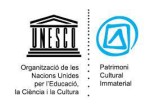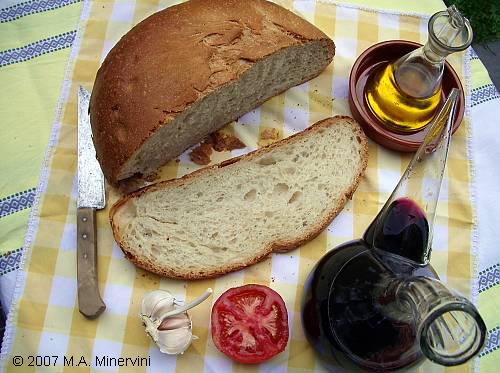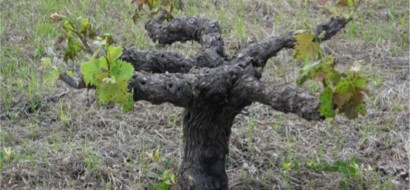
The Mediterranean diet is a set of skills, knowledge, practices and traditions ranging from the landscape to the table, including crops, harvesting, fishing, conservation, processing, preparation and, particularly, consumption of food. The Mediterranean diet is characterized by a nutritional model remained constant over time and space, consisting mainly of olive oil, cereals, fruit fresh or dried fruit and vegetables, a moderate amount of fish, dairy and meat, and many condiments and spices, all accompanied by wine or infusions, always respecting the traditions of each community. However, the Mediterranean diet (from the Greek: diaita, or way of life) is much more than just food. It promotes social interaction, since the common meal is the basis of social customs and festivities shared by a given community, and has given rise to a considerable body of knowledge, songs, maxims, tales and legends. The Diet is grounded in respect of the territory and biodiversity, and ensures the conservation and development of traditional activities and crafts linked to fishing and farming in the Mediterranean communities in parts of Soria in Spain, Koroni in Greece, Cilento in Italy and Chefchaouen in Morocco. Women play a vital role in the transmission of expertise, as well as knowledge of rituals, traditional gestures and celebrations, and the safeguarding of techniques.
Dossier Dieta Mediterranea 2010





